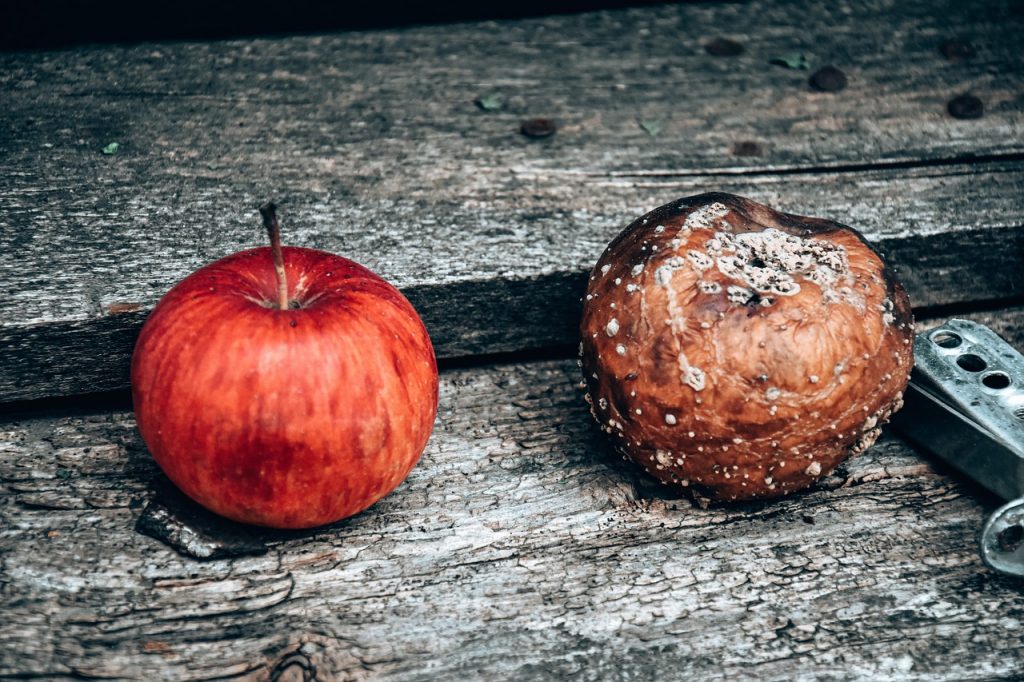
Fresh foods are a fundamental component of our diet, providing essential nutrients such as vitamins, minerals, and antioxidants crucial for maintaining human health and well-being. However, due to their perishable nature, managing these foods “from farm to fork” presents a daily challenge for the food industry and requires attention and targeted interventions at various levels of the food supply chain.
From the moment of harvest, fresh foods begin to deteriorate. Temperature, humidity, light exposure, and microbiological contamination can influence the rate of this process. Therefore, preservation technologies such as refrigeration, controlled atmospheres, and proper packaging can extend their shelf life, though they do not eliminate the risk of spoilage.
Food waste is a global problem, with enormous quantities of food ending up as waste yearly, exacerbating the environmental crisis. It is estimated that about one-third of the food produced globally is lost or wasted along the supply chain. This waste not only represents an economic loss but also has severe environmental implications in terms of pollution and the misuse of valuable resources such as water, land, and energy. Additionally, much of the current packaging uses petroleum-derived materials that are not only difficult to dispose of but also contribute to environmental pollution.
With the increasing global population and growing demand for fresh and healthy foods, it is therefore crucial to develop sustainable and innovative preservation methods.
In this context, the PRIN EXTRAFRESCO project emerges as a solution to reduce food waste and the environmental impact of packaging. The project, led by Dr. Laura Aliotta of MBEM Lab – UNIPI University of Pisa and Dr. Morena Gabriele of IBBA – CNR, aims to extract bioactive molecules using green technologies from plant materials and food waste with high nutraceutical potential to create functional and sustainable polymeric coatings capable of prolonging the post-harvest life of fresh products while preserving their organoleptic and biofunctional characteristics.
The project’s sustainable approach involves non-toxic solvents and eco-friendly extraction and production methods. The developed coatings will be applied directly to the foods (edible coatings) and their packaging (packaging coatings); they will be able to extend the shelf life of fresh products by forming a barrier against oxygen, carbon dioxide, moisture, and microbes, thus slowing down deterioration and oxidation processes. Furthermore, thanks to the antimicrobial properties of the extracts, they will reduce the risk of contamination by unwanted or pathogenic microorganisms, improving food safety.
From an environmental perspective, the use of plant materials and food waste not only reduces the environmental impact but also promotes the circular economy. This sustainable approach is essential to address the environmental crisis by boosting the production of biodegradable and compostable packaging and reducing dependence on petroleum-derived materials.
The EXTRAFRESCO project seeks to provide a concrete response to contemporary challenges in the food sector by combining technological innovation and environmental sustainability. However, effective management of fresh foods requires greater awareness regarding the impact of food waste as an integrated approach involving producers, distributors, retailers, and consumers. Sustainable agricultural practices, advanced preservation and transportation technologies, and consumer education on the value of fresh foods and home conservation practices, are crucial to ensure a more sustainable future for our planet.
Only through a collective effort can we hope to effectively address the challenges related to fresh foods, reducing waste, and ensuring that healthy and nutritious food reaches our tables in optimal conditions.
Stay tuned for updates on the project and more on our LinkedIn page https://www.linkedin.com/in/extrafresco-project-10a130295/
Author: Morena Gabriele